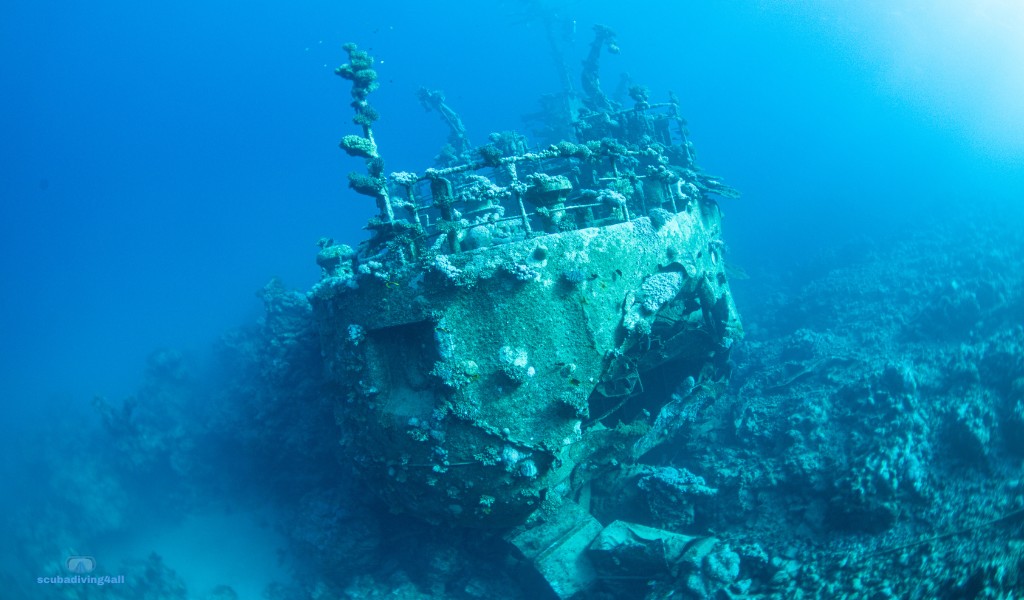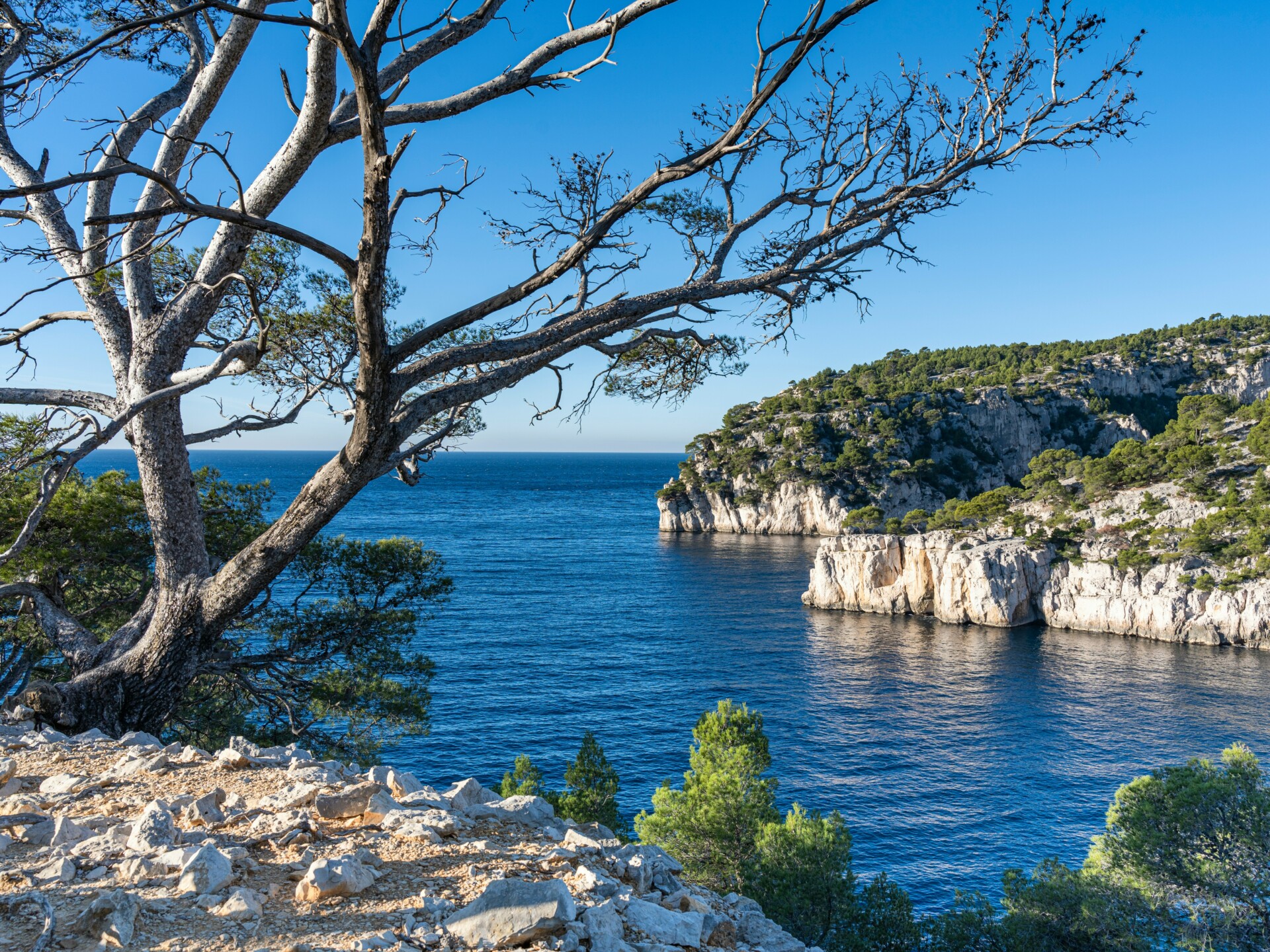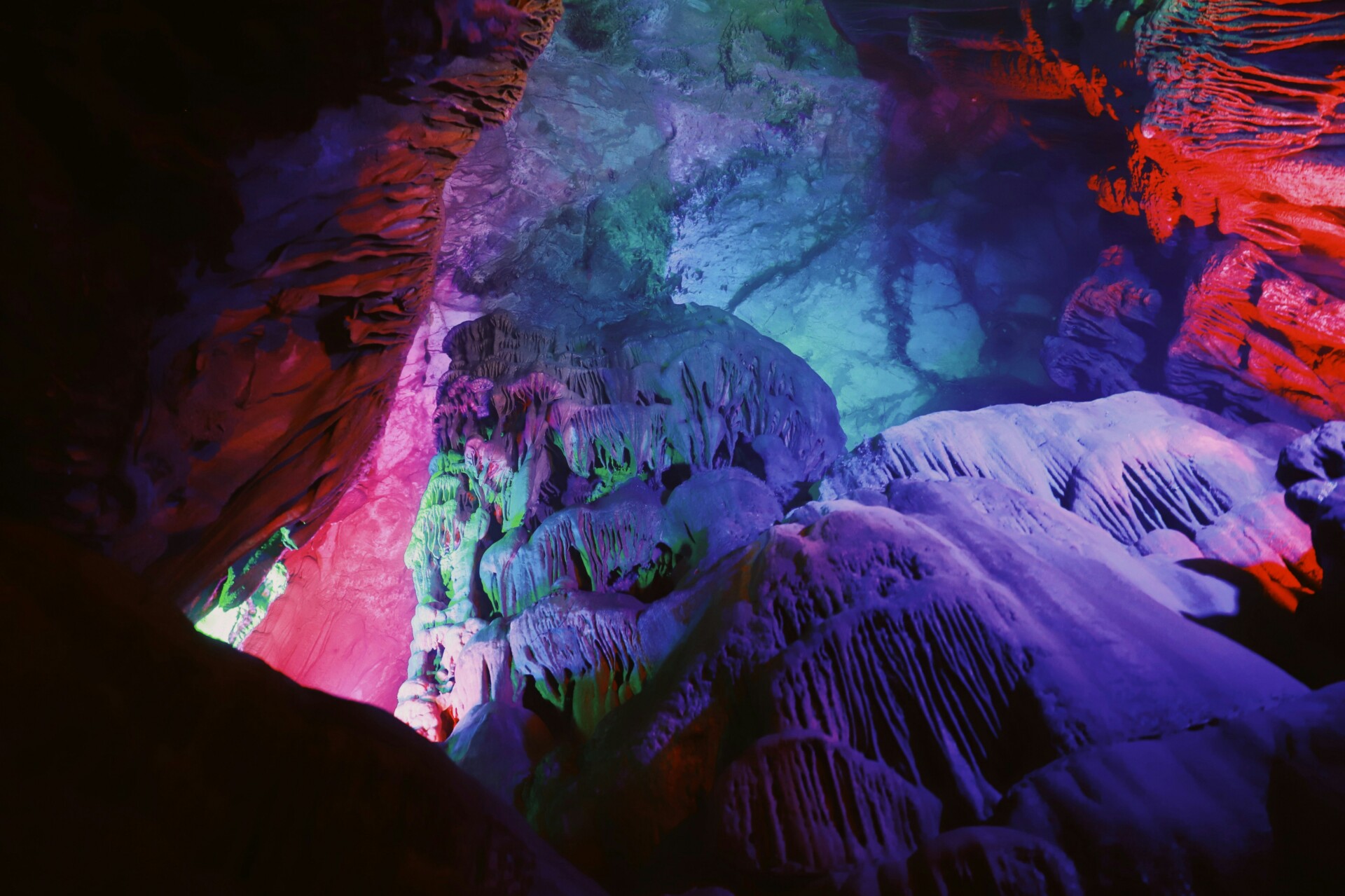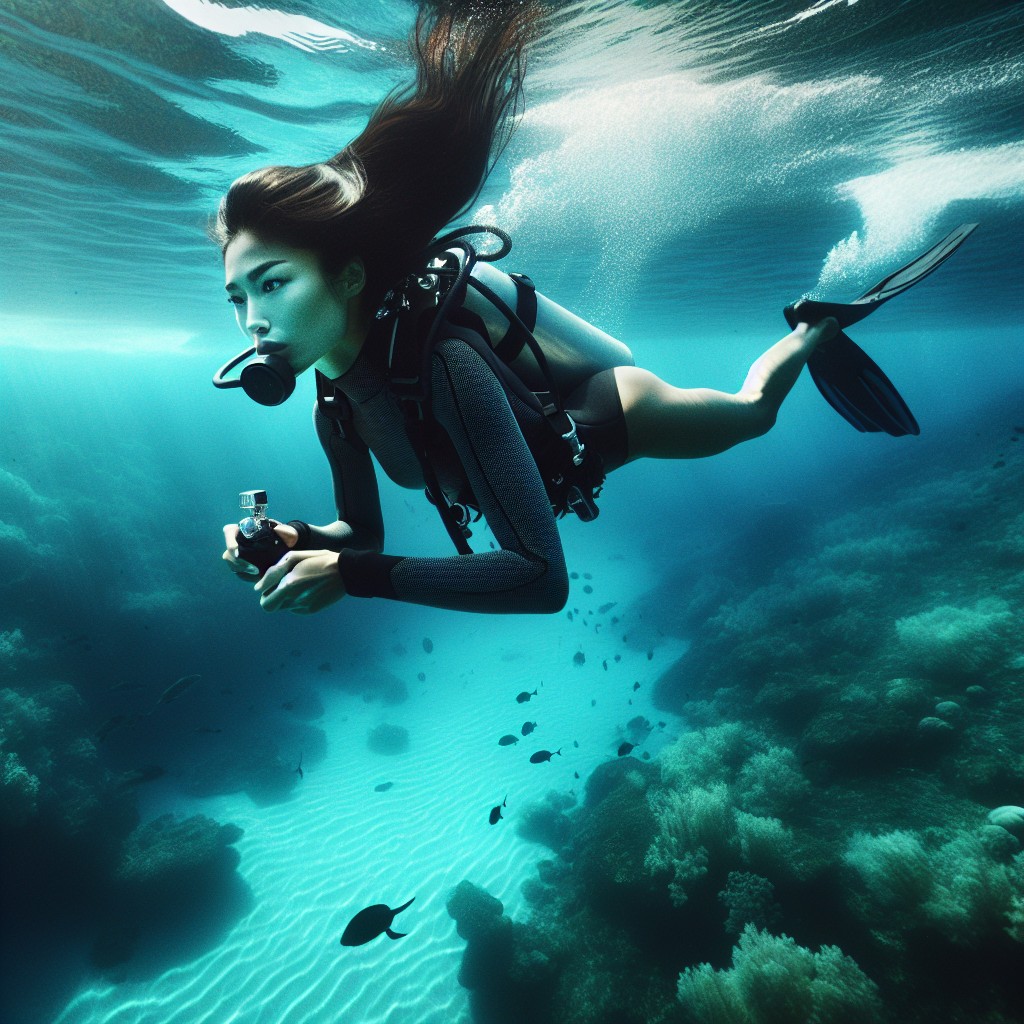Exploring Wreck Diving in France
Wreck diving in France presents an incredible opportunity for scuba divers to explore underwater history while experiencing the thrilling adventures these sites offer. With a variety of locations and historical significance associated with the wrecks, divers can find suitable sites that cater to their interests and skill levels.
Diverse Wreck Dive Locations
France’s coastline boasts numerous wreck dive sites, recognised for their unique characteristics and depths. Currently, there are 31 dive sites listed across France, with 11 of them dedicated specifically to wreck dives. These sites vary from the Mediterranean shores to the Atlantic coastline, exposing divers to an array of sunken vessels that tell stories of the past.
For those looking beyond mainland France, the country’s overseas territories, such as New Caledonia and French Polynesia, offer additional opportunities for wreck diving, appealing to divers seeking exotic underwater experiences across a range of vibrant marine ecosystems (World Adventure Divers).
| Region | Number of Listed Wreck Dive Sites |
|---|---|
| Mainland France | 11 |
| New Caledonia | Varies |
| French Polynesia | Varies |
Historical Significance of Wrecks
Each shipwreck in France has its own unique history, revealing stories that span centuries. Wrecks serve as a link to events of the past, such as military tragedies and commercial ventures. For instance, the infamous Saint-Michel-de-Maurienne derailment, known as the greatest rail catastrophe in French history, provides a poignant backdrop for the wreck dives in that region (Wikipedia). These sites not only pique the interest of divers but also hold cultural and historical significance, making them rich in exploration potential.
Understanding the importance of these underwater relics fosters a deeper appreciation for the marine environment. Divers are often encouraged to research the historical context of the wrecks they visit, enhancing their diving experiences and ensuring respect is maintained for these underwater monuments.
Wreck diving in France encompasses thrilling exploration and significant historical engagement, making it an exciting venture for scuba lovers planning their next dive holiday. For more information on planning your dives, check out our resources on diving packages in France and diving conditions in France.
Popular Wreck Dive Sites in France
France is renowned for its diverse underwater experiences, particularly its fascinating wreck dive sites. Among these, the Grec and Rubis shipwrecks stand out as popular destinations for divers seeking a combination of adventure and history.
Grec Shipwreck
The Grec shipwreck, located off the coast of Corsica, is one of the most famous wreck dive locations in France. This freighter sank in 1970 and has since become an artificial reef, attracting a rich variety of marine life. The depth of the wreck typically ranges from 30 to 40 metres, making it suitable for experienced divers.
| Feature | Details |
|---|---|
| Year of Sinking | 1970 |
| Depth | 30 – 40 metres |
| Marine Life | Groupers, moray eels, barracudas |
The Grec provides a captivating dive experience with its extensive structure allowing for exploration of the hull and cargo holds. Divers often encounter vibrant marine life such as groupers, octopus, and a range of nudibranchs. Researching the wreck beforehand is essential; understanding the layout and potential hazards can significantly enhance the dive.
Rubis Shipwreck
The Rubis shipwreck, a former submarine that sank in 1942, is another premier location for wreck diving in France. Found at a depth of about 50 metres, this dive site requires technical diving certifications due to the depth and diving conditions.
| Feature | Details |
|---|---|
| Year of Sinking | 1942 |
| Depth | Approximately 50 metres |
| Marine Life | Octopus, diverse fish species |
The Rubis offers an opportunity for divers to explore a significant piece of maritime history. The excellent state of the wreck combined with thriving marine ecosystems creates a striking underwater environment. The region is home to species such as octopuses and barracudas, making every dive a unique experience. As with the Grec, proper planning and adherence to safety protocols are paramount for a successful dive.
Both the Grec and Rubis shipwrecks serve as prime examples of France’s natural beauty and historical significance, making it a remarkable destination for those interested in wreck diving in France. For those considering a diving holiday, various diving packages in France are available to cater to the needs of divers at all levels.
Scuba Diving Preparations in France
Preparing for wreck diving in France requires attention to gear and timing to ensure an enjoyable experience. This section covers the essential equipment needed and the recommended diving season.
Required Gear and Equipment
Scuba divers should equip themselves with specialized gear when planning to explore wrecks. This includes standard diving equipment, but also additional tools tailored for wreck diving. Essential items for this type of diving include:
| Gear/Equipment | Purpose |
|---|---|
| 7 mm wetsuit | Provides insulation in cooler waters, essential for comfort (World Adventure Divers). |
| Regulator | A high-performance regulator ensures adequate breathing. |
| Dive computer | Helps monitor depth and time underwater. |
| Reel | Useful for navigating through wrecks and guiding the way back. |
| Cutting device | Essential for safety in case of entanglement. |
| Dive lights | Necessary for visibility within wrecks. |
| Surface Marker Buoys (SMBs) | Important for signaling location to the surface. |
Additionally, divers should ensure all equipment is well-maintained, ensuring safety during the dive, especially when accessing wrecks located offshore.
Recommended Diving Season
The best time for wreck diving in France is generally from July to September. During this period, water temperatures tend to be more favourable for divers, and marine life is abundant. Divers can expect to encounter various species such as groupers, octopus, barracudas, moray eels, and nudibranchs, making for an exhilarating experience.
Prior to diving, divers must seek proper training and certifications for wreck diving, such as the SDI Wreck Diver Specialty and TDI Advanced Wreck Diver course. By ensuring they are properly equipped and informed about the ideal diving conditions, scuba divers can fully enjoy their adventure beneath the waves. For more insights into thriving underwater conditions, refer to our article on diving conditions in France.
Safety and Regulations for Divers
In order to ensure a safe and enjoyable experience while engaging in wreck diving in France, it is crucial for divers to adhere to certain safety regulations and requirements.
Medical Certificates and Age Requirements
French law mandates that all divers present a current medical statement from a doctor, confirming their fitness for diving. This medical certificate must not be older than one year. Additionally, legal age requirements for divers in France are as follows:
| Requirement | Age |
|---|---|
| Minimum age for diving | 8 years |
| Minimum age to obtain first certificate | 14 years |
| Parental consent required (under 18) | N/A |
Divers must understand that individuals under the age of 18 require written parental consent before participating in any diving activities (Easy Dive Booking).
French Diving Law Compliance
Under French Sports Law, the Dive Director holds full responsibility for divers during dives and does not take unnecessary risks with unfamiliar divers. Divers in France cannot sign any liability release forms, which means the dive centre is entirely responsible for their safety (World Adventure Divers).
Divers certified as ‘Plongeur Autonome’ (Autonomous Diver) or ‘Plongeur Encadré’ (Supervised Diver) must be aware of their depth restrictions. For those with certifications from international organisations like PADI, there may be challenges in getting their certification levels recognised, which could limit their diving opportunities (World Adventure Divers).
Proper training is essential for wreck diving. Divers should not penetrate into overhead environments without the appropriate equipment and training. Programs such as the SDI Wreck Diver Specialty and TDI Advanced Wreck Diver course provide crucial skills for managing the risks associated with wreck diving.
Adhering to these safety regulations and obtaining necessary certifications will help ensure a safe wreck diving adventure in France. For divers interested in additional activities, consider exploring cave diving in France or the various diving packages in France.
Enhancing Your Wreck Diving Experience
Wreck diving in France offers exciting opportunities for divers to explore underwater history. Proper preparation can enhance the diving experience and ensure safety. This section covers essential aspects such as training and accreditation, along with planning and research to get ready for a dive.
Proper Training and Certifications
Investing in proper training is crucial before embarking on a wreck diving adventure. It is important for divers to seek specialised courses that focus on overcoming the unique challenges of wreck diving. Training programs such as the SDI Wreck Diver Specialty and the TDI Advanced Wreck Diver course provide divers with the necessary skills and knowledge to safely explore shipwrecks.
Wrecks can present various hazards, especially if divers intend to penetrate into the structure. Only those with appropriate training and equipment should attempt this, as overhead environments can increase risks significantly. Divers must ensure they are adequately trained in the use of essential equipment which may include:
| Equipment Type | Description |
|---|---|
| Reels | For navigation and line management |
| Cutting devices | To clear entanglements |
| Lights | For visibility in dark, confined spaces |
| Surface Marker Buoys (SMBs) | To signal surface support |
Planning and Researching Wreck Dives
Thorough research and meticulous planning are essential for a successful wreck dive. Understanding the wreck’s layout, depth profiles, potential hazards, and areas of interest can significantly enhance the overall experience. Divers are encouraged to utilise various resources for this purpose, such as:
- Dive Briefings: Attend pre-dive briefings provided by dive centres.
- Communication: Engage in discussions with experienced divers who have previously explored the wreck.
- Online Resources: Explore videos and articles about specific wrecks to gather insights regarding entries and exits.
When planning dives in France, it is also important to note that the Dive Director holds full responsibility for divers during the dive, as per French Sports Law. They will not take unnecessary risks with unfamiliar divers. Divers must be prepared to provide a valid medical statement from a doctor confirming their fitness for diving, ideally not older than one year.
For those interested in exploring additional options, consider looking into diving packages in France to find suitable inspirations for dive holidays. By taking proper training measures and conducting comprehensive research, divers can significantly enhance their wreck diving experience in France.
Responsible Wreck Diving Practices
Engaging in wreck diving in France presents a unique opportunity to explore submerged history and natural beauty. However, safety and respect for the underwater environment are paramount. This section delves into the responsible practices necessary for ensuring a safe and enjoyable diving experience.
Ensuring Equipment Maintenance
Well-maintained dive gear is critical for successful wreck diving. Divers should ensure that all equipment is in top condition before embarking on a diving trip, especially when considering wrecks that are located offshore and require a boat ride for access (TDISDI). Essential equipment for wreck diving includes:
| Equipment | Purpose |
|---|---|
| Reels | Useful for navigation during dives |
| Cutting Devices | Important for emergencies, like entanglement |
| Lights | Necessary for visibility inside the wreck |
| Surface Marker Buoys (SMBs) | Helps in marking the dive site for the boat |
Investing in high-performance regulators and following a comprehensive checklist to pack necessary gear and spares is recommended. Regularly checking and servicing equipment ensures reliability and safety when diving.
Respecting Underwater Environment
Wreck diving provides access to historical artifacts and remnants of the past. Divers should always approach these sites with respect and care (TDISDI). Some important practices include:
- Avoiding touching or disturbing artifacts and marine life
- Not removing items from the wreck site, as this can contribute to historical loss
- Monitoring buoyancy to prevent damaging delicate ecosystems
Additionally, divers should prioritize safety by undertaking proper training, avoiding overhead environments without adequate equipment and knowledge. Seeking out training programs, such as the SDI Wreck Diver Specialty and the TDI Advanced Wreck Diver course, is crucial for managing the unique risks associated with wreck diving.
Respecting these guidelines ensures that wreck diving remains a sustainable and enjoyable activity, allowing future divers to experience the same exhilarating exploration of France’s underwater landscapes. For those interested in diving packages for a hassle-free experience, check out our diving packages in France.



